Shocking Aussie stories: the best Australian films inspired by true crime
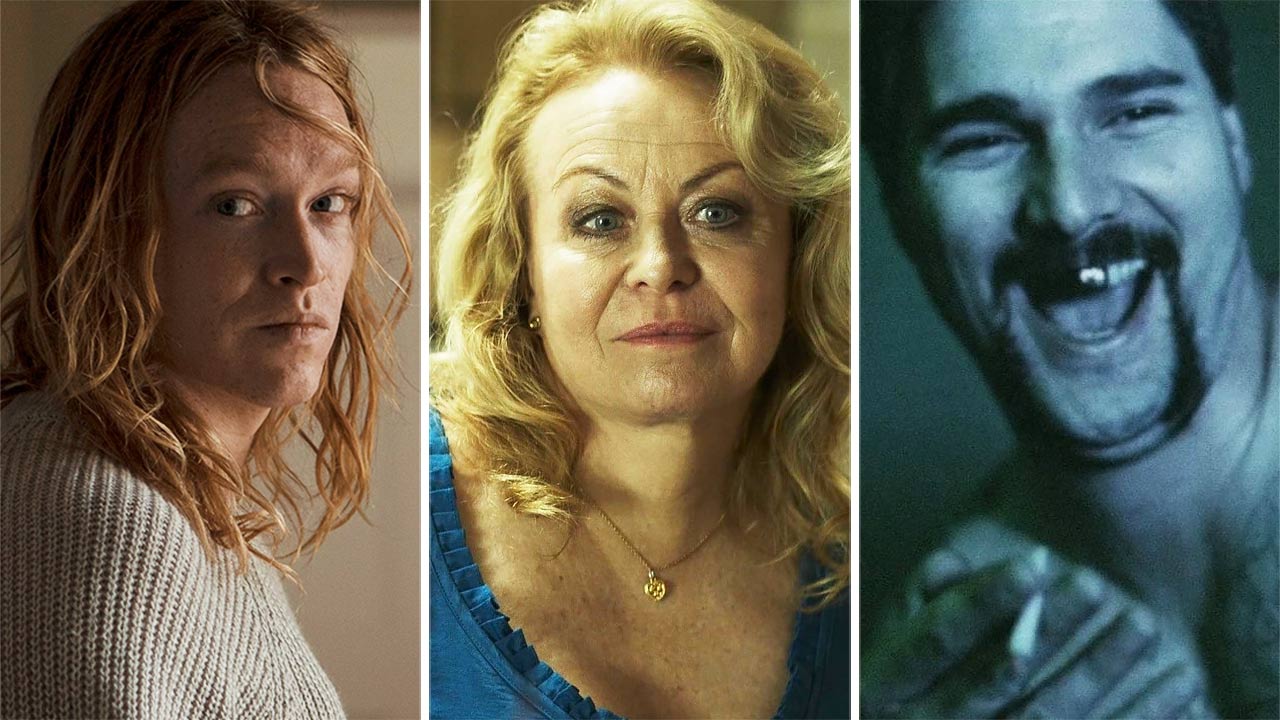
Nitram is the latest in a long line of confronting Australian films inspired by true crime. Critic Sarah Ward lists the 11 best.
With Nitram, director Justin Kurzel and screenwriter Shaun Grant approach the 1996 Port Arthur massacre with care, although that shouldn’t come as a surprise. They delved into horrendous crimes that rocked the country in Snowtown as well, and also played with the past with True History of the Kelly Gang.
Together, the duo has made three of Australian cinema’s best true-crime films—11 of which have made our list below. Some of these movies stick closely to facts, while others spin truth into fiction, but they all have a basis in reality in one way or another.
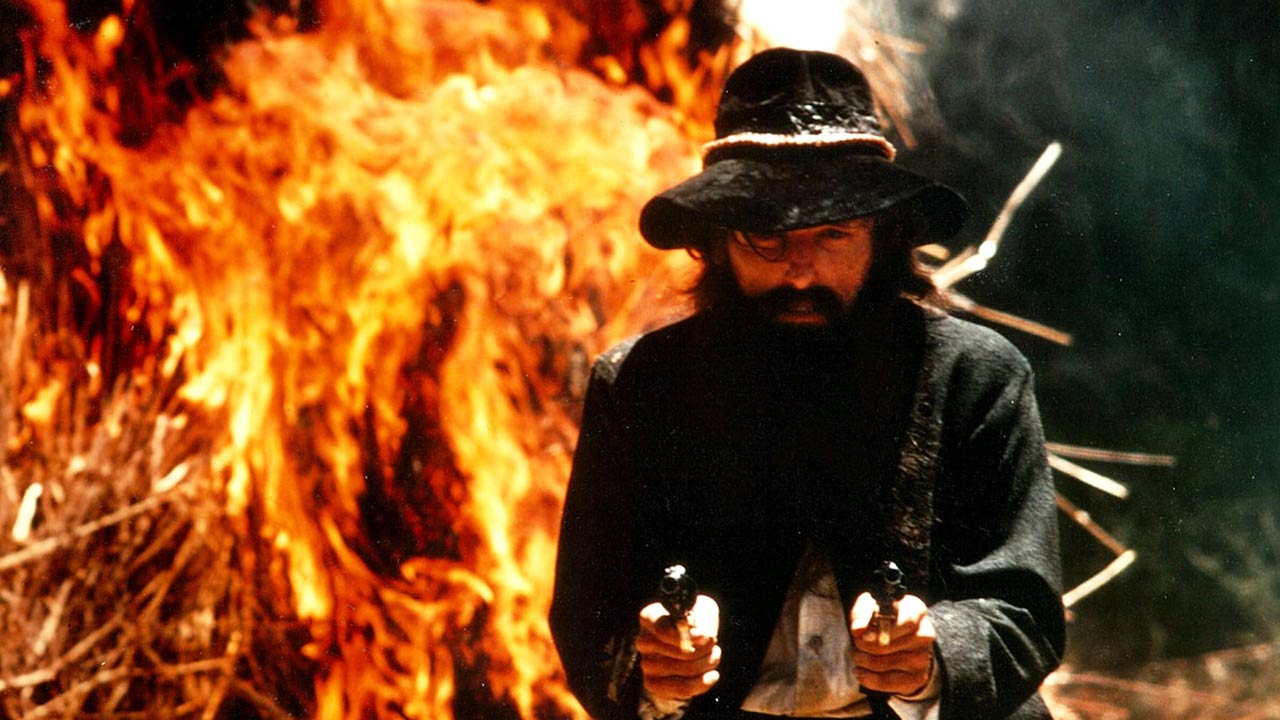
Mad Dog Morgan (1976)
If 1970’s Ned Kelly could enlist Mick Jagger to play one of Australia’s most infamous figures, then 1976’s Mad Dog Morgan could cast Dennis Hopper as another. Playing Daniel Morgan, whose bushranging days began before Kelly was even born—and who is thought to have inspired Kelly—Hopper turns in a forceful and mesmerising performance as the outlaw. He’s surrounded by a who’s who of Aussie talent, including David Gulpilil, Jack Thompson and Bill Hunter, in a film that director Philippe Mora helms with an obvious awareness of exactly the type of performance he’s getting out of his star.
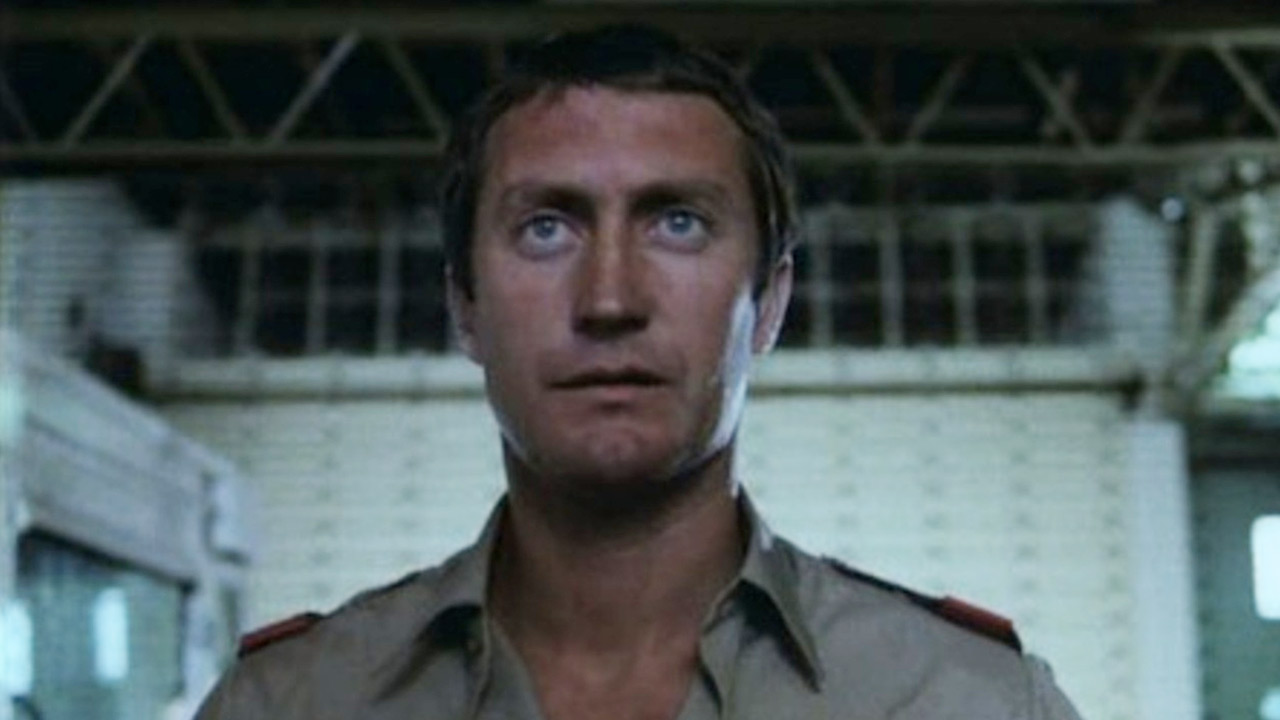
Money Movers (1978)
Six films into his feature career, Bruce Beresford brought Devon Minchin’s 1972 book of the same name to the screen—and drew upon two 1970 robberies for this slick and precise heist movie. It’s little wonder that Money Movers nails the detail within its mix of crime procedural, drama and action, with Minchin once behind an armoured vehicle company just like the fictional Darcy’s in the movie.
On-screen, after one of the security firm’s cars is held up, word arrives that its counting house will be next. Cue a tightly directed movie that tracks an inside job with links to police corruption, starring Terence Donovan as a Darcy’s worker and Charles “Bud” Tingwell as a crime boss.
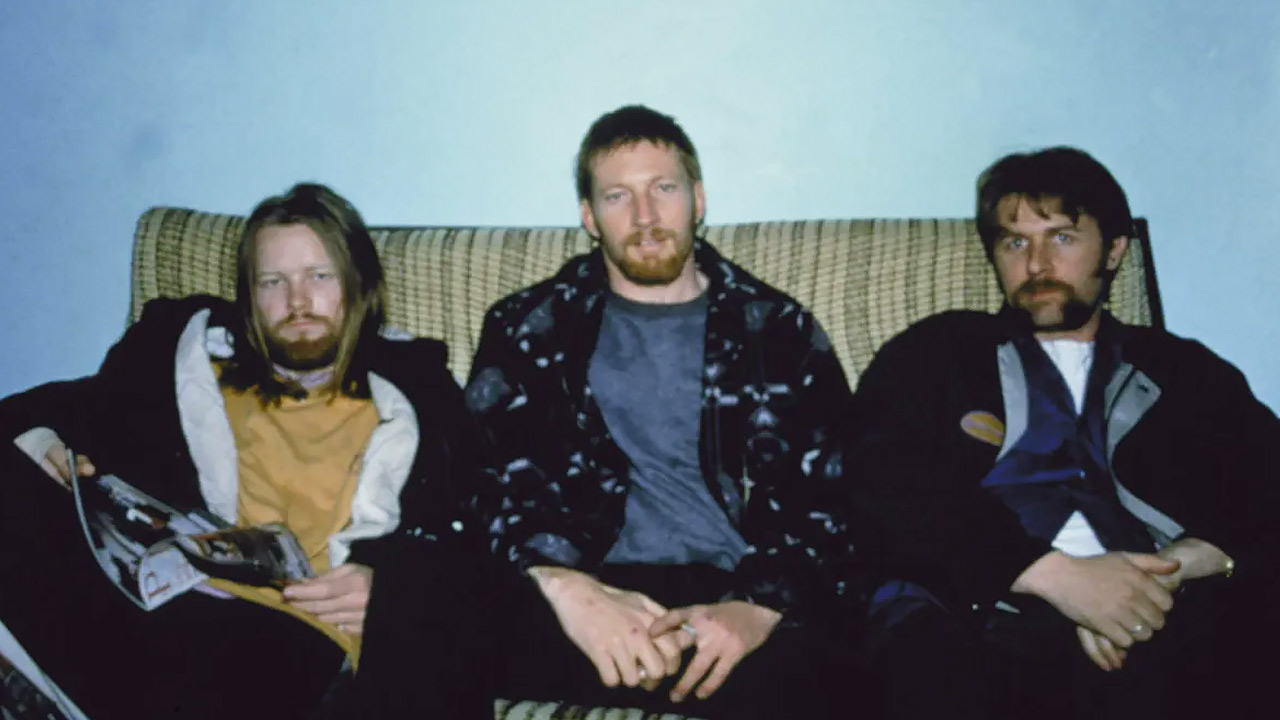
The Boys (1998)
One of the most unsettling Australian films ever made, and home to near career-best performances from David Wenham, Toni Collette, Lynnette Curran and John Polson, The Boys finds its basis in the 1986 kidnapping, rape and murder of Sydney nurse Anita Cobby. Adapting Gordon Graham’s Griffin Theatre Company play of the same name, then first-time filmmaker Rowan Woods intertwines the lead up to the fictionalised crime with flashes of the aftermath, with Brett Sprague (a searing, commanding Wenham) returning home from prison, throwing his weight around and leading his brothers (Polson and Anthony Hayes) down a ghastly path.

Blackrock (1997)
Telling the tale of a coastal town scandalised when a teenager is raped and murdered, and of the surfer who witnesses his friends commit the crime, Blackrock also springs from a play of the same name. And, with that theatre production based on the 1989 murder of 14-year-old Leigh Leigh at a party in Newcastle, it also stems from reality.
For the bulk of its running time, Blackrock bristles with tension, with Laurence Breuls particularly effective as the young witness. The film also marks Heath Ledger’s first credited big-screen role, just two years before both Two Hands and 10 Things I Hate About You catapulted him to local and international acclaim.
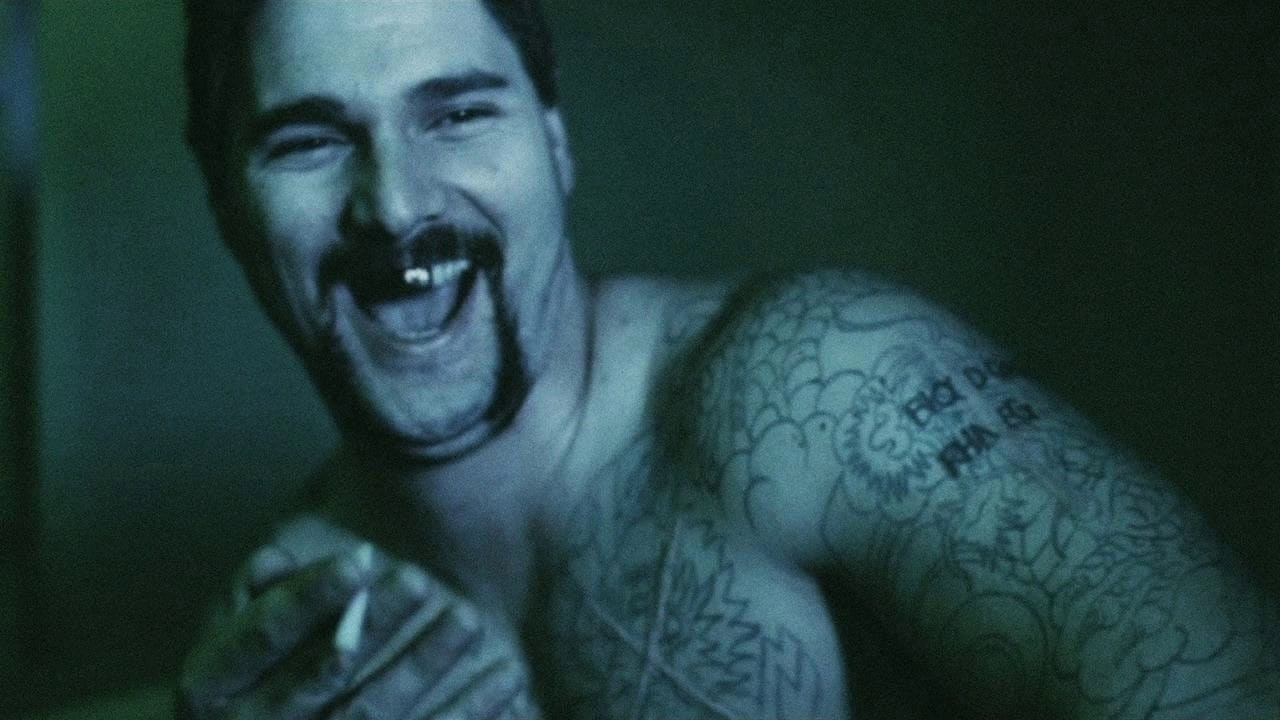
Chopper (2000)
It’s been 21 years since Eric Bana shed his TV sketch comedy fame, undertook an astonishing physical transformation and became Uncle Chop Chop, in a performance that’ll never be forgotten. In Chopper, he’s as formidable as he is magnetic, as he needs to be to play the notorious Melbourne criminal and gang member.
Andrew Dominik’s crime drama wouldn’t be what it is without its exceptional star, but it’s also one of the most assured and blistering debut films ever made in Australia—and, from its deft tonal balance to its willingness to tease and provoke, it’s the clear pinnacle of Aussie true-crime cinema.
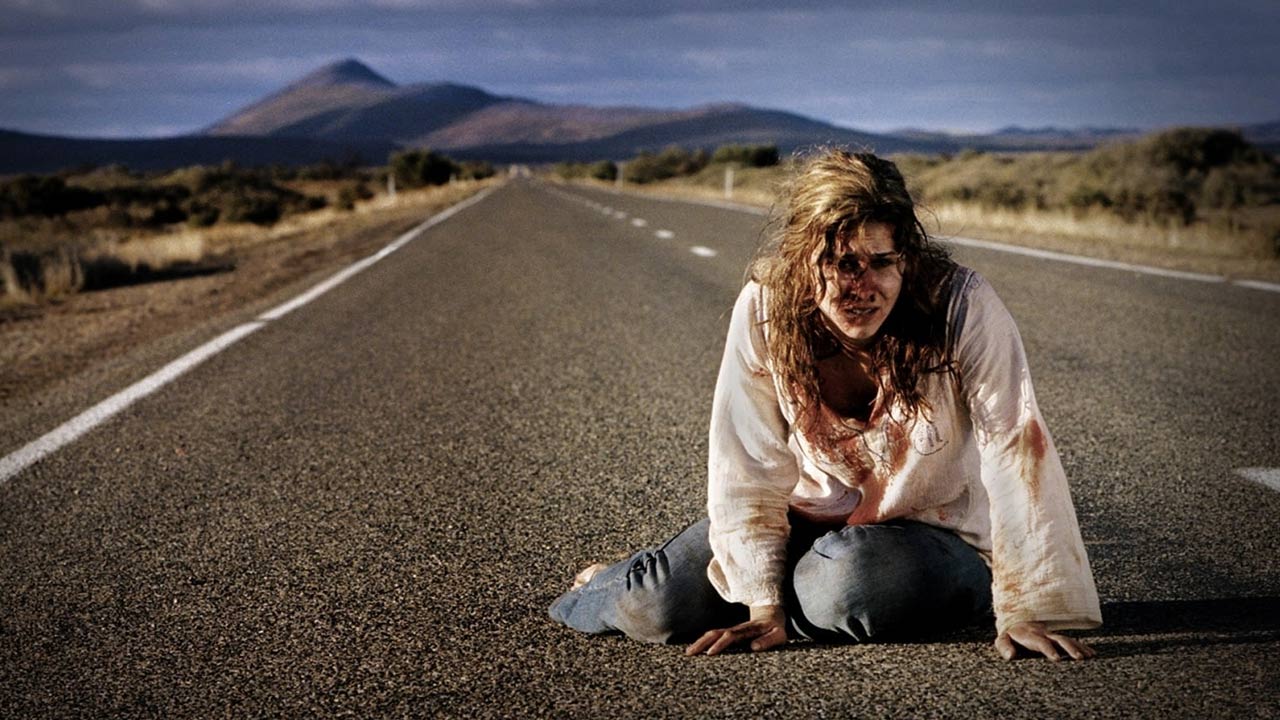
Wolf Creek (2005)
There’s very little that’s subtle about Wolf Creek. Given that writer/director Greg McLean twisted the details of several true crimes into a grisly horror film, that was always likely to be the case. The murder of English backpacker Peter Falconio in the Northern Territory by Bradley Murdoch informs fictional serial killer Mick Taylor’s on-screen debut, as do the backpacker murders committed by Ivan Milat.
The movie that started an Aussie horror franchise, the result here is suitably tense, inescapably bleak and firmly unafraid of splattering blood around, all while featuring John Jarratt at his most ferocious.
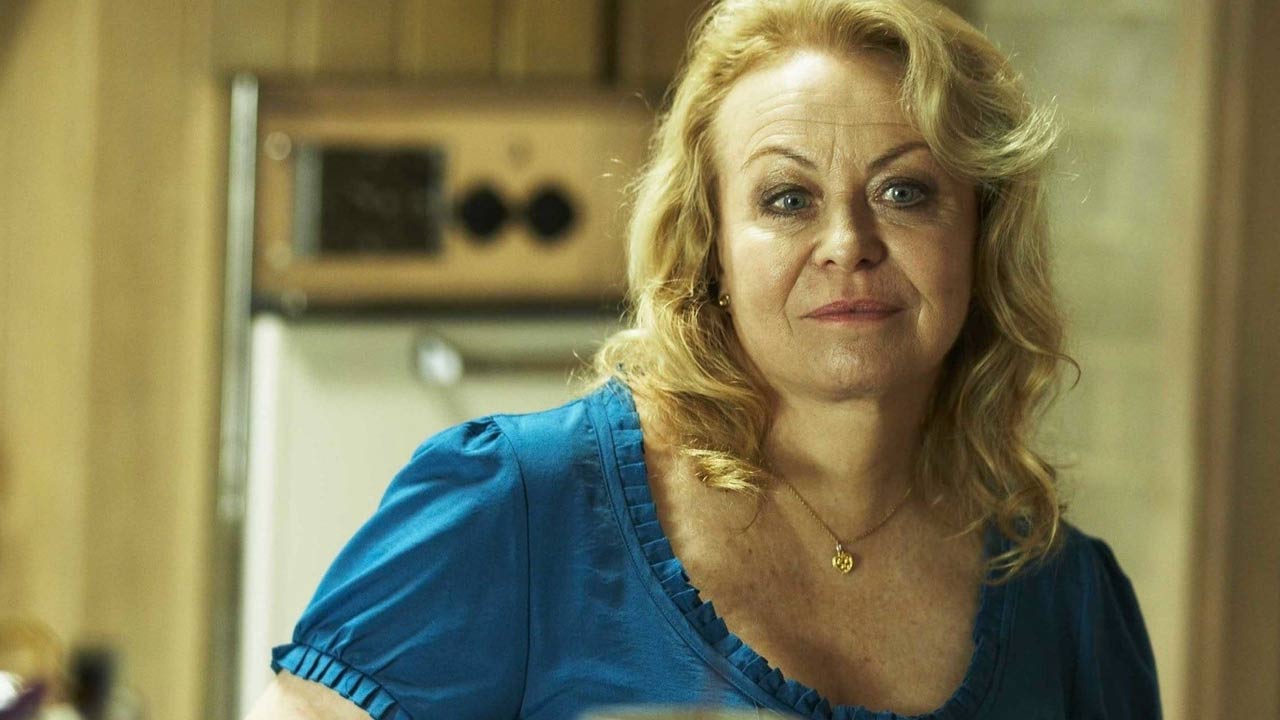
Animal Kingdom (2010)
It’s the film that earned Jacki Weaver an Oscar nomination and sent Ben Mendelsohn on the path to Hollywood stardom (it’s Mendo at his most Mendo, too.) It features Guy Pearce and Joel Edgerton at their absolute best, nabbed one of Sundance Film Festival’s top prizes and thoroughly swept the AFI Awards.
Indeed, the fact that Animal Kingdom is loosely inspired by real-life events just might be the least interesting thing about it. Writer/director David Michod took his cues from Melbourne’s Pettingill family, but the power that ripples through this portrait of blood and crime belongs to him, his stellar cast and the exquisite cinematography of Adam Arkapaw.
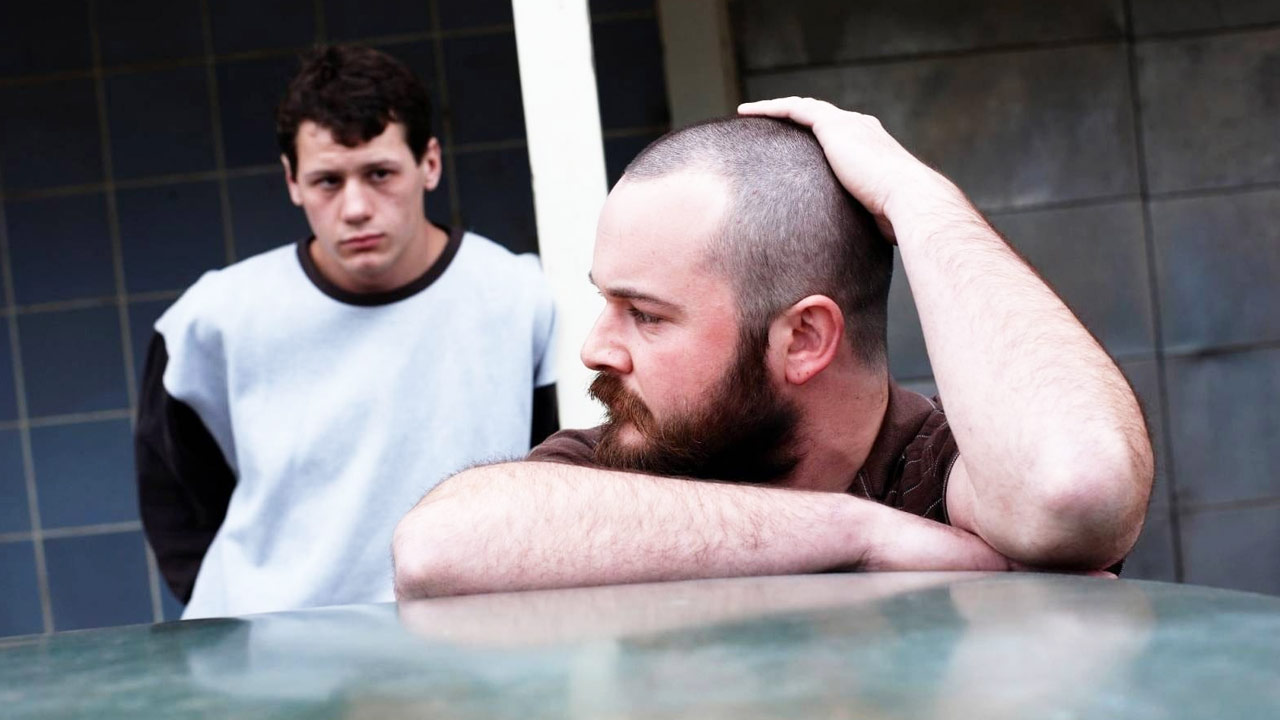
Snowtown (2011)
Snowtown isn’t easy viewing. That’s the epitome of an understatement; it’s tough to watch at every turn, as well as grim, disturbing and devastating. But there’s simply no other way to tell this true tale that would’ve done it justice, because the real-life crimes—dubbed the “bodies-in-barrels murders”—are also grim, disturbing and devastating.
In their first collaboration, director Justin Kurzel and screenwriter Shaun Grant ensure that viewers can’t escape the near-unspeakable reality of these South Australian crimes. Snowtown’s control of mood and tone is masterful, as is its soundscape. And as murderer John Bunting, Daniel Henshall is imposing and disquieting in equal measure.
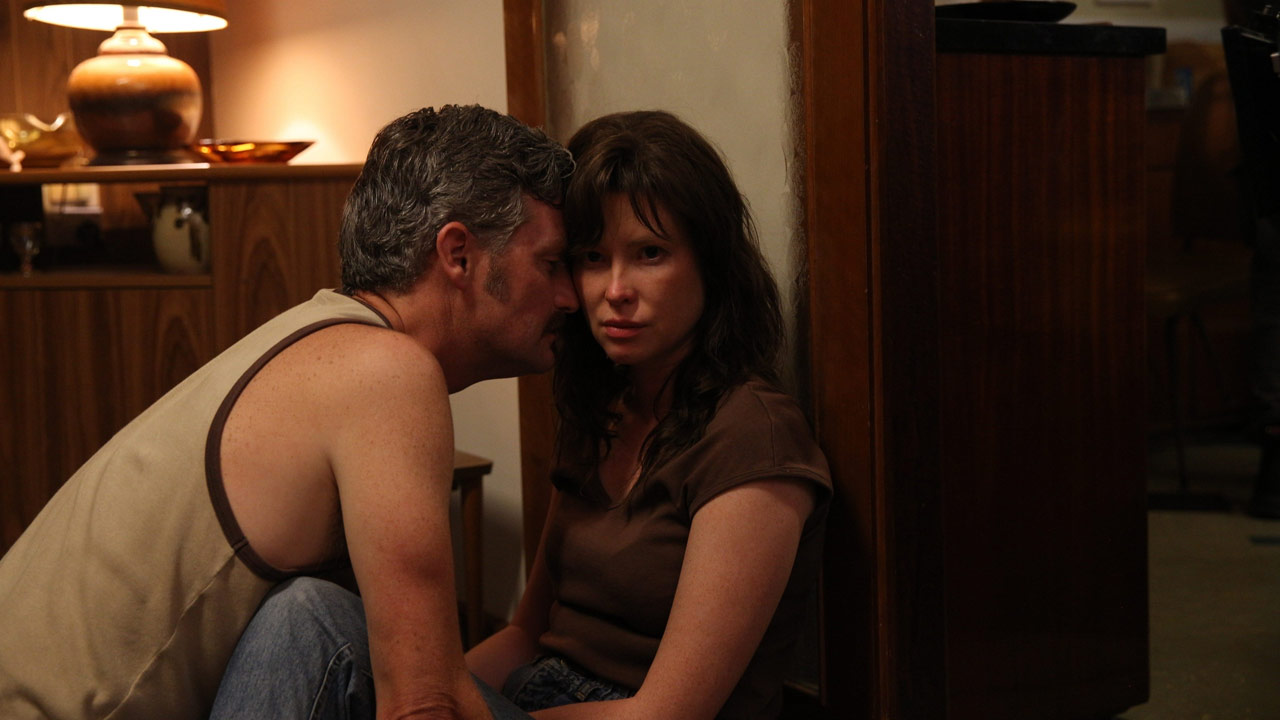
Hounds of Love (2016)
Just like Eric Bana before him, Stephen Curry made a bold leap from comedy to drama by turning in an unflinching performance in a memorable film that has its roots in true crime. Filmmaker Ben Young studied numerous cases when writing Hounds of Love’s script; however, it particularly recalls the murders committed by David and Catherine Birnie in Perth in 1986.
The mood here isn’t just agitated but claustrophobic, as a 17-year-old (Ashleigh Cummings) is abducted by a suburban couple (Curry and Emma Booth). Curry is phenomenal, and so are his fellow leads. Also excellent, and discomforting: every aspect of the film’s aesthetics.
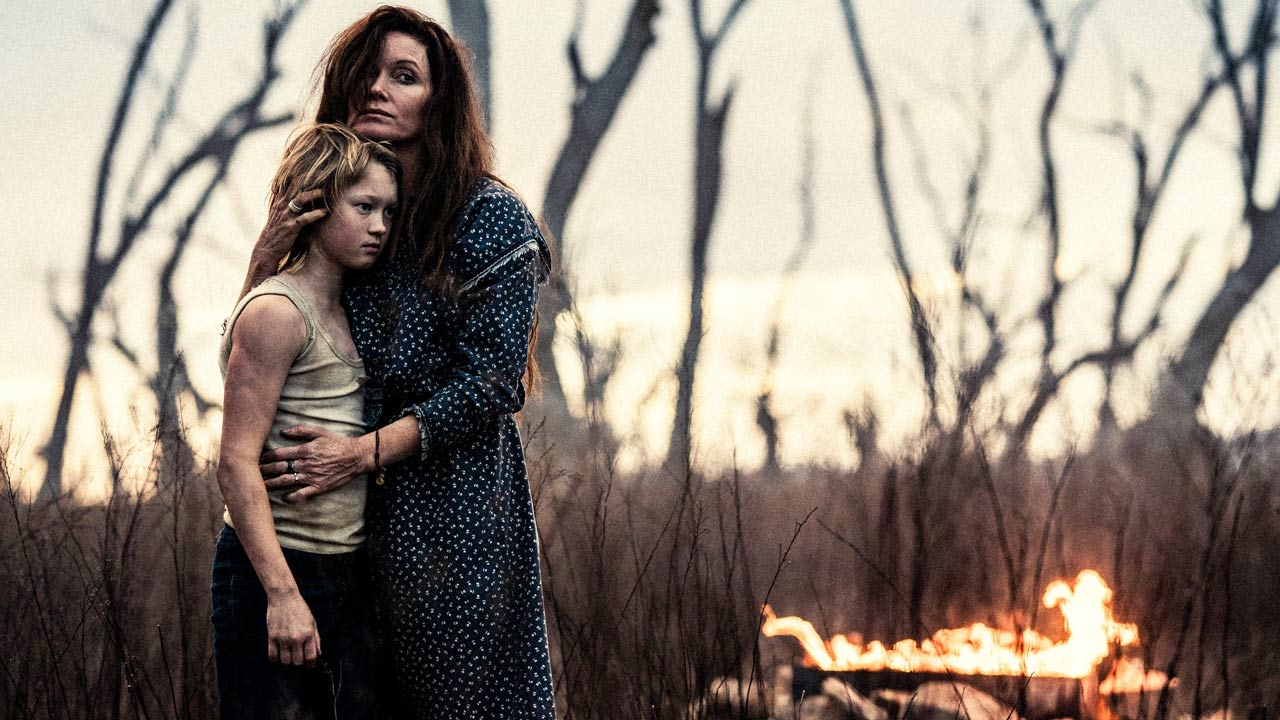
True History of the Kelly Gang (2019)
Adapting Peter Carey’s fictionalised account of Ned Kelly’s life, True History of the Kelly Gang confidently and successfully straddles the line between truth and interpretation. It follows in several footsteps—it’s Justin Kurzel and Shaun Grant’s second collaboration, and also joins a lengthy list of other films about the bushranger—yet it also stands in no one’s shadow.
George MacKay is remarkable as Ned and Essie Davis is just as outstanding as his mother Ellen, but this is a visual achievement first and foremost. Kurzel crafts visceral and haunting imagery again and again, from the film’s opening frames through to its vivid depiction of the Glenrowan siege.
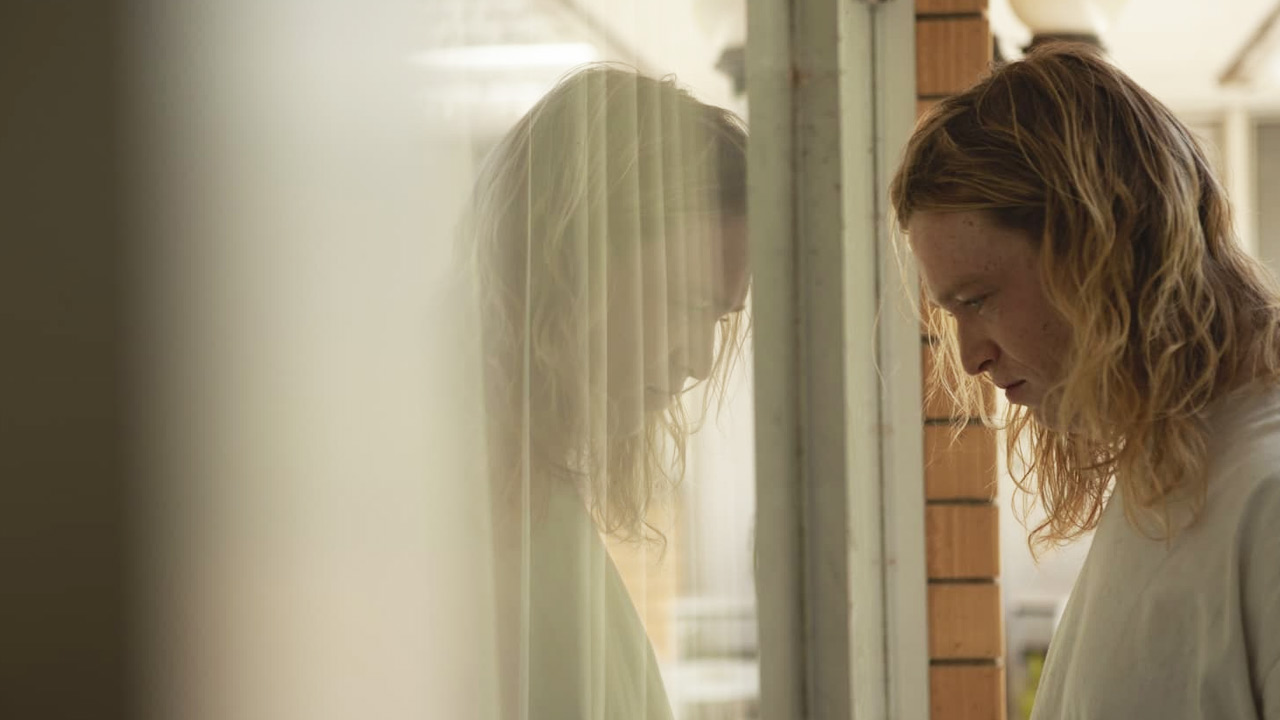
Nitram (2021)
Nitram isn’t a case of third time lucky for Justin Kurzel and Shaun Grant. Charting the events leading up to April 28 and 29, 1996, it’s a case of two collaborators making their third film together, taking their third dive back into Australia’s dark and complex past, and serving up their third searing exploration of the nation’s ideas of masculinity.
In his Cannes Best Actor-winning role, Caleb Landry Jones brings equal parts rage and pain to the titular role, playing the man responsible for the Port Arthur massacre. He’s uncomfortable to watch, because the entire film is—but again, this could never be an easy movie. Examining Nitram’s life but never even thinking of explaining away his actions, it’s both impeccable and essential.
















